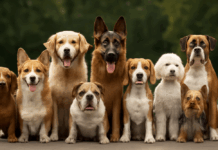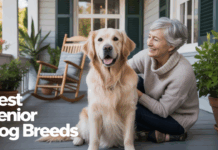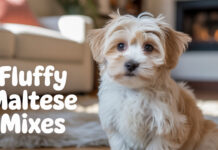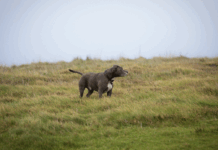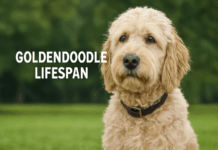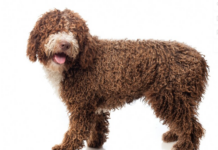Last Updated on May 15, 2024 by Dogs Vets
Non-Sporting Dogs: A Guide to Unique Companion Breeds
In the vast and diverse world of canine companions, the non-sporting dogs group stands out as a delightful collection of breeds that defy traditional categorization.
These dogs were not originally bred for specific tasks like hunting, herding, or guarding, but rather for their charming personalities and unwavering loyalty as household companions.
From the regal Bulldog to the affectionate Lhasa Apso, these non-sporting breeds offer a unique blend of quirks, intelligence, and unconditional love that make them truly one-of-a-kind.
Understanding the Non-Sporting Group
The non-sporting group is a diverse category that encompasses a wide range of breeds with varying sizes, appearances, and temperaments. These dogs were primarily developed as companions, often for royalty or the wealthy, and their primary purpose was to provide companionship, affection, and sometimes even entertainment.
While the breeds within this group may seem vastly different at first glance, they share a common trait: their ability to form strong bonds with their human families and adapt to various living environments, making them excellent companions for both urban and suburban settings.
Popular Non-Sporting Breeds
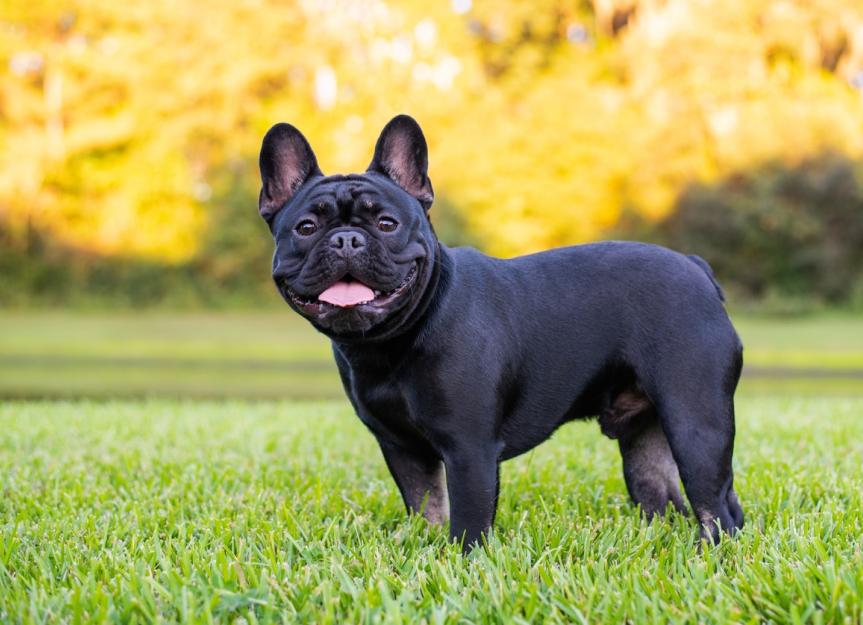
1. French Bulldog
The French Bulldog, with its distinctive bat-like ears and endearing wrinkled face, has captured the hearts of dog lovers worldwide. Known for their affectionate, playful, and loyal nature, these companion dogs thrive on human interaction and make excellent family pets.
Despite their small stature, French Bulldogs possess a big personality and a comical demeanor that will keep you entertained for hours.
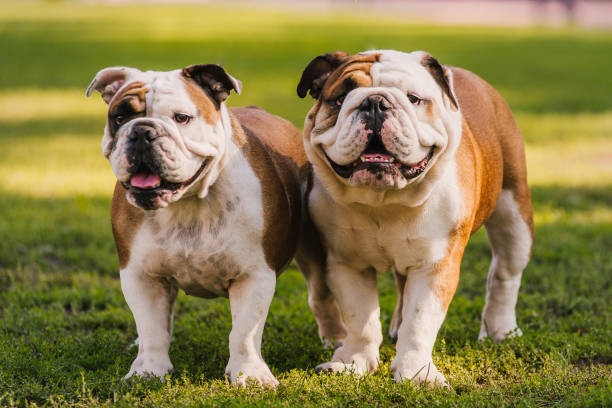
2. Bulldog
The iconic Bulldog is a breed that exudes strength, resilience, and an unwavering devotion to its owners. With their distinctive wrinkled faces, muscular builds, and gentle dispositions, these non-sporting dogs make excellent companions for families and individuals alike.
Despite their imposing appearance, Bulldogs are known for their calm, patient, and affectionate nature, making them wonderful additions to any household.
3. Poodle
The Poodle, with its distinctive curly coat and regal bearing, is a breed that defies stereotypes. Available in three sizes (Standard, Miniature, and Toy), Poodles are highly intelligent, active, and eager to please.
These non-sporting dogs excel in various activities, from obedience trials to agility competitions, and make excellent companions for active families or individuals seeking a mentally stimulating canine companion.
4. Boston Terrier
The Boston Terrier, with its distinctive tuxedo-like markings and compact build, is a breed that exudes charm and personality.
Known for their friendly, lively, and affectionate nature, these non-sporting dogs make excellent companions for families or individuals living in urban environments. Boston Terriers are highly adaptable and thrive on human interaction, making them ideal household pets.

5. Lhasa Apso
The Lhasa Apso, a breed originating from the Himalayan region, is a true companion dog with a regal and confident demeanor. With their long, flowing coats and expressive eyes, these non-sporting dogs are not only visually striking but also highly intelligent, loyal, and protective of their families.
Despite their small size, Lhasa Apsos possess a big personality and make excellent watchdogs while still being affectionate and loving companions.
Choosing the Right Non-Sporting Breed
When considering a non-sporting breed as a companion, it’s essential to evaluate your lifestyle, living situation, and personal preferences. Each breed within this group has its unique characteristics, energy levels, and grooming requirements, making it crucial to research and select the breed that best aligns with your needs and expectations.
For instance, if you lead an active lifestyle and enjoy outdoor adventures, a Poodle or a Boston Terrier might be an excellent choice, as they thrive on physical and mental stimulation.
On the other hand, if you prefer a more laid-back companion for apartment living, a French Bulldog or a Bulldog could be a better fit, as they tend to be more relaxed and content with moderate exercise.
Caring for Your Non-Sporting Companion
While non-sporting breeds make wonderful companions, it’s essential to provide them with proper care and attention to ensure their well-being and happiness. Regular grooming, exercise, and mental stimulation are crucial for these breeds, as they can be prone to obesity, boredom, and destructive behaviors if their needs are not met.
Socialization and training are also essential aspects of caring for a non-sporting breed. These dogs often form strong bonds with their families and can be protective or wary of strangers if not properly socialized from an early age.
Positive reinforcement training methods can help shape their behavior and strengthen the bond between you and your furry companion.
Conclusion
The non-sporting group offers a diverse array of breeds that have been cherished for centuries as loyal and affectionate companions. From the regal Bulldog to the charming French Bulldog, these dogs possess unique personalities and traits that make them truly one-of-a-kind.
Whether you’re seeking an active companion for outdoor adventures or a loving lap dog for cozy evenings at home, the non-sporting group has a breed that can perfectly complement your lifestyle and bring joy and unconditional love into your life.
FAQs
Are non-sporting breeds good with children?
Many non-sporting breeds, such as the French Bulldog, Boston Terrier, and Poodle, are known to be excellent with children when properly socialized and trained. However, it’s essential to supervise interactions between dogs and children and teach both parties how to interact respectfully.
Do non-sporting breeds require a lot of exercise?
Exercise requirements can vary among non-sporting breeds. Some, like the Poodle, have higher energy levels and require regular exercise and mental stimulation, while others, like the Bulldog, have more moderate exercise needs. It’s essential to research the specific breed’s requirements and provide appropriate physical and mental outlets.
Are non-sporting breeds suitable for apartment living?
Many non-sporting breeds, such as the French Bulldog, Bulldog, and Lhasa Apso, can adapt well to apartment living as long as their exercise and mental stimulation needs are met. However, it’s crucial to consider factors like noise levels and potential barking, as some breeds can be more vocal than others.
How much grooming do non-sporting breeds require?
Grooming requirements can vary among non-sporting breeds. Some, like the Poodle and Lhasa Apso, require regular grooming and coat maintenance, while others, like the French Bulldog and Boston Terrier, have shorter coats that require less frequent grooming. It’s essential to research the specific breed’s grooming needs and be prepared to provide the necessary care.
Are non-sporting breeds prone to any specific health issues?
Like all breeds, non-sporting dogs can be prone to certain health issues. For example, Bulldogs and French Bulldogs may be susceptible to respiratory issues due to their brachycephalic (short-nosed) anatomy, while Poodles may be prone to certain eye and skin conditions. It’s essential to research the breed’s potential health concerns and work closely with a veterinarian to provide proper care and preventive measures.
Can non-sporting breeds be trained for obedience or agility competitions?
Many non-sporting breeds, particularly the Poodle, are highly intelligent and excel in various dog sports and competitions, including obedience trials and agility competitions. With proper training and socialization, many non-sporting breeds can thrive in these activities and enjoy the mental and physical stimulation they provide.
Are non-sporting breeds good watchdogs?
While not traditionally bred for guarding purposes, some non-sporting breeds, such as the Lhasa Apso and Bulldog, can make excellent watchdogs due to their protective nature and tendency to bark when strangers approach. However, it’s essential to provide proper training and socialization to ensure they can distinguish between potential threats and welcome visitors.
References and Links

)


